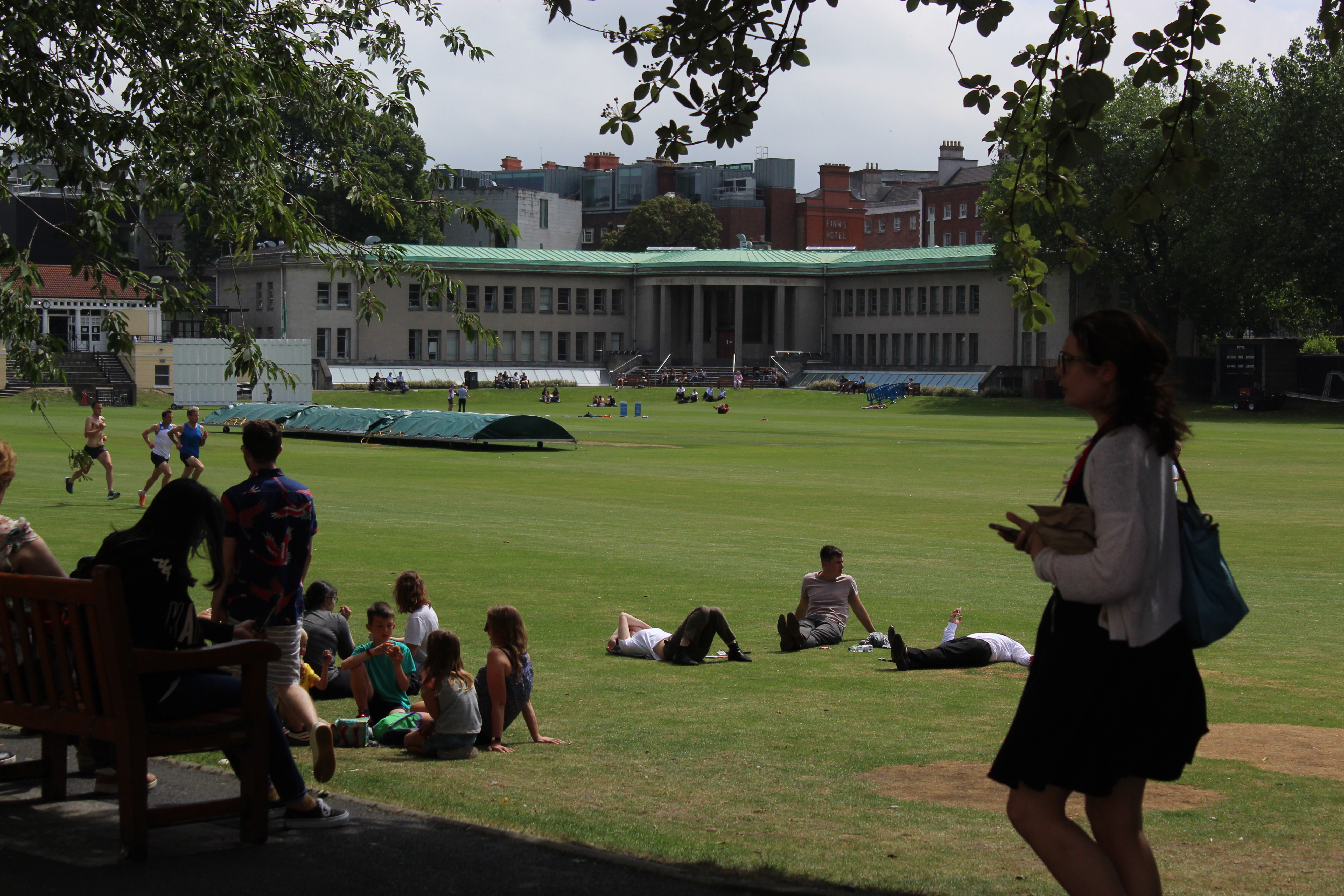Final year brings with it an entirely different student experience than that of the previous three years students typically spend in Trinity. Conversations seem to revolve endlessly around final year projects, dissertations and internships. Society involvement is sporadic, as final-year students generally seem to be less socially active, retreating instead to the darker corners of the Berkley and Ussher libraries.
There is an intense pressure, from peers and family, to come up with an impressive answer to the incessant “What are you doing next year?” question. It’s a daunting question, considering that, for many, graduating from university offers the first respite from sixteen years in continuous education. Our lives until this point have followed a relatively straightforward and set path year after year, and the possibility of not going back into education in September is both exciting and unnerving in different ways.
“You could do your undergraduate degree ten times, each time taking a different path socially and academically, and still not have “completed” everything that college has to offer.”
There are lessons to be learned here. To students still in the midst of your time in Trinity, I would say: embrace every experience and opportunity that is made available to you. Get involved with that society you’re interested in, and if you find you don’t enjoy it, try another one. Stop putting off your plans until next year. Your time in college is finite, and invaluable. In truth, I’ll be graduating from Trinity with a lot of regrets about missed opportunities. Having these regrets is probably a good sign: you could do your undergraduate degree ten times, each time taking a different path socially and academically, and still not have “completed” everything that college has to offer. However, I firmly believe that you can give it your best attempt.
I got involved with various societies and events during different periods in my time in Trinity, but the friendships that I made along the way were the most valuable aspect of the entire college experience. Moving away for college places students in a particular position of co-dependence with their peers and housemates. In many ways, your college peers support and raise you through the turbulent undergraduate years in the same way your guardians raise you for your childhood and adolescence. You see the best and the worst of each other, you counsel one another through tragedy, and in turn, you aid in your respective development as better people. It’s a cliché, but my college friends have become like family to me, and it’s difficult to imagine what life will be like when, unavoidably, we go our separate ways.
With the end looming large, it’s difficult not to be nostalgic for years gone by. Many things have changed since the class of 2020 entered college in first year: TEP had yet to be introduced, and clubs like Hangar and District 8 were still open. Ents organised an iconic mystery tour to Cork on a train, the “Polar Express”; the last of its kind, for good reason. Trump had yet to be elected, and you could still buy a pack of Amber Leaf for €6.50. While rent was expensive, it was certainly cheaper than it is in 2020. The worrying ascent of rental prices in recent years is one of many factors in the reasoning behind so many students choosing to leave Dublin after graduating.
Over the course of four years, my relationship with Dublin has changed greatly. What started out as a starry-eyed love for the city gradually diminished once the novelty wore off. Dublin is a self-contained bubble, and if you still consider it to be a great place for a young person to live, you simply haven’t visited another city abroad. Dublin’s absurdly high rental rates are completely at odds with its poor infrastructure, amenities and cultural life. It is a difficult place for a student to live a fulfilled and affordable life, and this is driving young people out of the city, and indeed out of Ireland, following their graduation.
“Where each student ends up following final year is determined by a combination of their own work ethic combined with the privilege they have been afforded.”
Where each student ends up following final year is determined by a combination of their own work ethic combined with the privilege they have been afforded. I am acutely aware that I am deeply lucky to be able to say “I could live anywhere in the world”. The opportunities that are available to me are only possible because of the support I receive from home, and it is important to recognise and be appreciative of that fact. Those who have had a much more difficult college experience, based on finances or other ability issues, are far more impressive individuals.
Some students won’t necessarily have been able to enjoy the same experiences that many consider “part and parcel” of the student experience, and their evaluation of their time as an undergraduate may well be entirely different. There are others for whom, despite their best attempts, found that Trinity was not for them. The conclusion of final year, then, marks a bittersweet end to a college experience that is varied and not always characterised by good memories.






